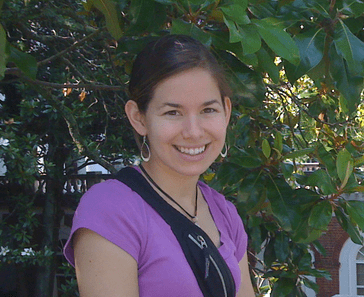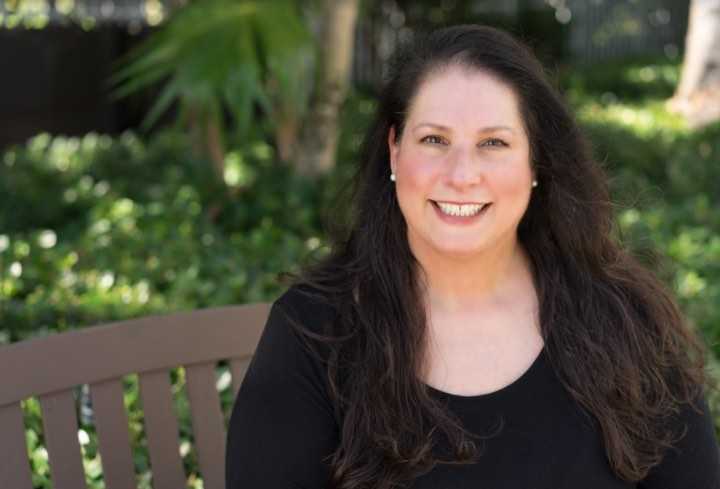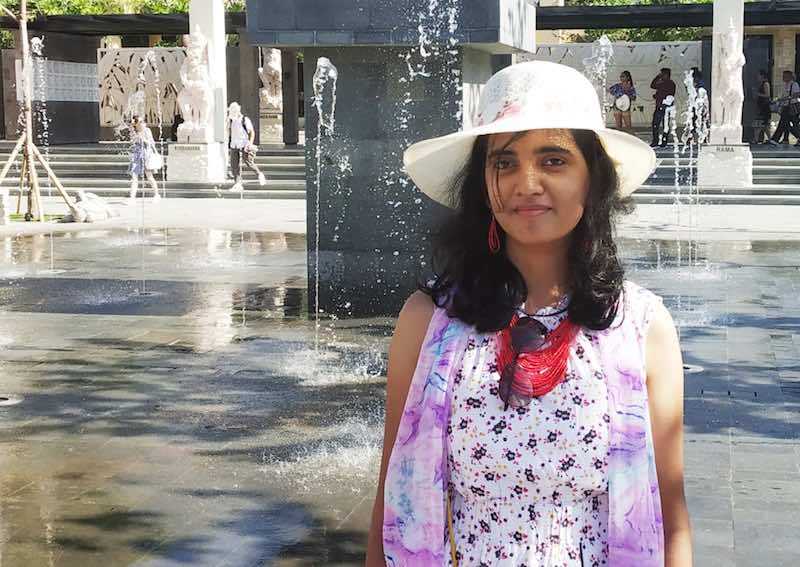Mathamatical Teaching Practices
Yup's evidence-based Teaching Framework drives long-term understandingAligned with The National Council of Teachers of Mathematics' (NCTM) Effective Teaching Practices, our framework supports Yup tutors in driving long-term understanding, not just answer-getting.
Three pillars of Yup’s Teaching Framework
Every day we evaluate session transcripts to provide feedback and training that aligns with these three pillars.
Empathy
Tutors routinely praise students for effort, perseverance, and excellence. They pay close attention to all student questions and signs of confusion. By connecting with a tutor at their exact moment of struggle, students recognize difficult emotions, channel them productively, and experience self-efficacy.
Once in the session, students learn to effectively communicate their needs in a safe, non-judgmental environment. After each problem is completed, tutors give students the option to continue practicing and deepen their understanding. There are no time limits on sessions so students can choose how long they want to stick around for more learning.
Pedagogy
Tutors receive training in instructional best practices. They use a question-based approach to help students solve problems and develop effective math strategies. They assess prior knowledge, provide examples with visual aids, and check for understanding throughout each session. Rather than just providing the student with a sequence of steps to replicate, tutors build procedural fluency from conceptual understanding.
Students are encouraged to build off what they have already learned and make connections between mathematical ideas. When students struggle, tutors provide scaffolded questioning rather than stepping in to do the work. This practice allows students to appreciate that confusion and errors are a natural part of learning.
Precision
Tutors ensure that student answers and explanations are complete, precise, and accurate. They use several tools to aid instruction and make connections, including a digital whiteboard, equation writers, graphical interfaces, and image sharing. As a result, students develop the habit of showing their work and justifying their mathematical thinking using academic vocabulary. They routinely justify the accuracy and reasonableness of their solution within the context of the problem.
Click here to check out our teaching framework.
What does Effective Teaching of Math Look Like?
In their landmark publication Principles to Action, NCTM identified eight mathematical teaching practices to describe essential, research-based teaching skills for math instructors.
Set clear goals
Effective math instructors establish clear learning goals based on students' math progression and use these goals to inform instruction.
Engage students in reasoning and problem-solving
Students need opportunities to discuss and solve authentic problems using mathematical reasoning. These problems should be complex enough to allow for multiple approaches.
Introduce mathematical representations
Effective instructors engage students in different mathematical representations and encourage them to use these representations to make connections to different concepts and problem-solving strategies.
Facilitate discussion
Effective math teachers create opportunities for student discourse so students can collaboratively build their understanding.
Ask purposeful questions
Successful teachers pose questions that assess student knowledge and expand students' understanding of complex mathematical concepts.
Build procedural fluency rooted in conceptual understanding
Once students have a conceptual foundation, teachers must help students employ a variety of procedures quickly and correctly.
Encourage productive struggle
Effective teachers provide individual students, as well as their full class, with opportunities for productive struggle alongside scaffolded support.
Assess progress and adjust instruction
Teachers must collect ongoing evidence of student thinking through formative assessments and tailor their instruction accordingly.
Our Mathematical Teaching Practices
Yup's tutoring applies NCTM's framework of effective mathematics teaching:
NCTM's Effective Mathematics Teaching Practice
Yup's Application
Establish mathematics goals to focus learning
Tutoring sessions are based on problems students are working on in class, which allows students to continue to work towards goals set by their teachers while receiving additional support.
Implement tasks that promote reasoning and problem solving
Yup tutors help students select appropriate problem-solving strategies and ensure that students have developed conceptual understanding before focusing on procedures.
Use and connect mathematical representations
Yup tutors use mathematical representations and visuals to quickly convey ideas and deepen students' conceptual understanding.
Facilitate meaningful mathematical discourse
Yup tutors help students talk through their mathematical thinking using relevant vocabulary.
Pose purposeful questions
Through Socratic questioning, tutors check students’ mathematical understandings and scaffold difficult problems.
Build procedural fluency from conceptual understanding
Once tutors check for conceptual understanding, they help students connect the procedural steps to these concepts.
Support productive struggle in learning mathematics
Tutors facilitate productive struggle by pushing students to complete key portions of the work independently. They provide scaffolds to help students understand key concepts, but do not step in and do the work for students.
Elicit and use evidence of student thinking
Yup tutors start a session by assessing students' prior knowledge and continue to check student understanding throughout the session.
Meet our Academics Team
Get to know a few core members of our Academics Team with backgrounds in teaching, tutoring, and education administration. Collectively, we have decades of classroom and school leadership experience. This team is responsible for creating and maintaining our Teaching Framework as well as working with Yup Tutor Quality Managers to ensure students learn in every session!
![Kreg Moccia]()
Kreg graduated from Harvard University with a degree in Economics and earned his Masters in Teaching from the Relay Graduate School of Education. He taught the full range of high school math subjects before becoming a school leader in Brooklyn, NY. There, he coached a team of 10 teachers, leading them to some of the highest academic achievement in the city.
![Claire Polcrack]()
Claire graduated from Susquehanna University with a degree in Mathematics & Secondary Education. After graduating, she joined Teach For America where she taught upper-level math for five years. Most recently, Claire was Achievement Director for five high schools in Connecticut and New York. At Yup, Claire helps set the vision and strategy for Yup's teaching methods.
![Emily Banks]()
Emily graduated from Carleton College with a degree in mathematics and holds a Master of Arts in Secondary Mathematics Education. Emily has served as a mathematics teacher, curriculum specialist, coach, and most recently high school principal. Under her leadership, Emily's school became one of the highest performing high schools in the state, earning a gold medal distinction.
Meet our Tutoring Team
Yup tutors are teachers, education professionals, and graduate students with extensive math experience. Only 5% of applicants pass our rigorous screening process for teaching, knowledge and professionalism. Once part of the Yup family, tutors receive regular feedback from our team.
![Kathleen K]()
Kathleen K
Yup Math Tutor
I love tutoring for Yup because I can teach students far beyond the limits of time and location. When a student gains the confidence and skills to succeed in math, it opens up many new opportunities. I feel grateful to play a small role in my students' successes.
![Madhu R.]()
Madhu R.
Yup Tutor Quality Manager
Yup brings people who share a passion for making a difference in education together, and the team diligently provides nothing but the best to Yup's users. Yup's goal of making education more accessible is sure to bring about a change in learning—and I'm excited to be a part of it!






